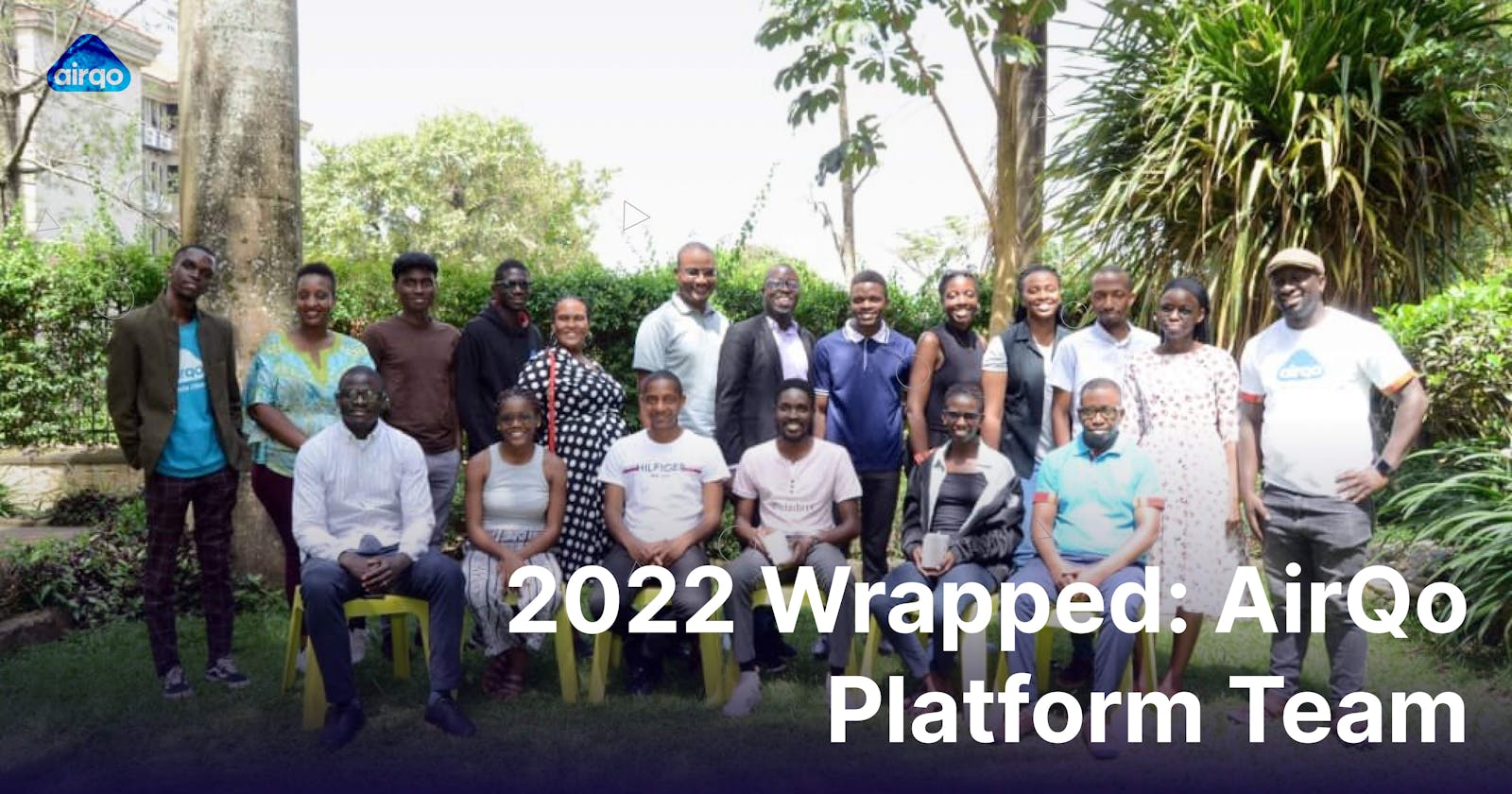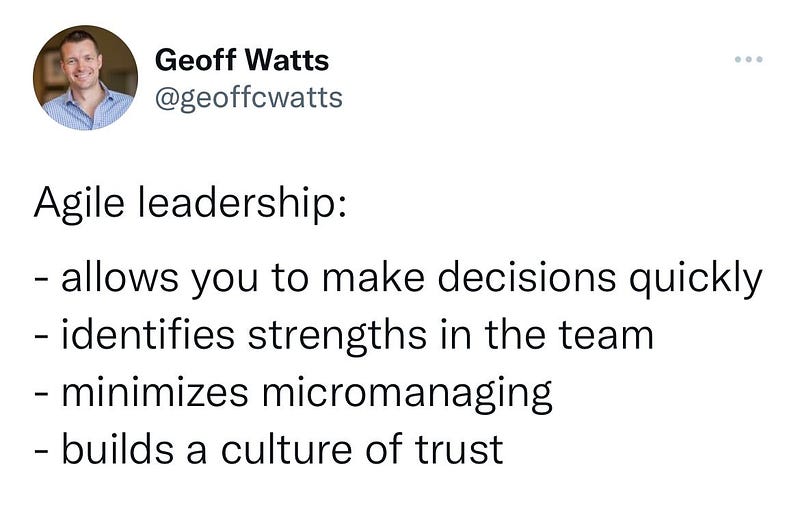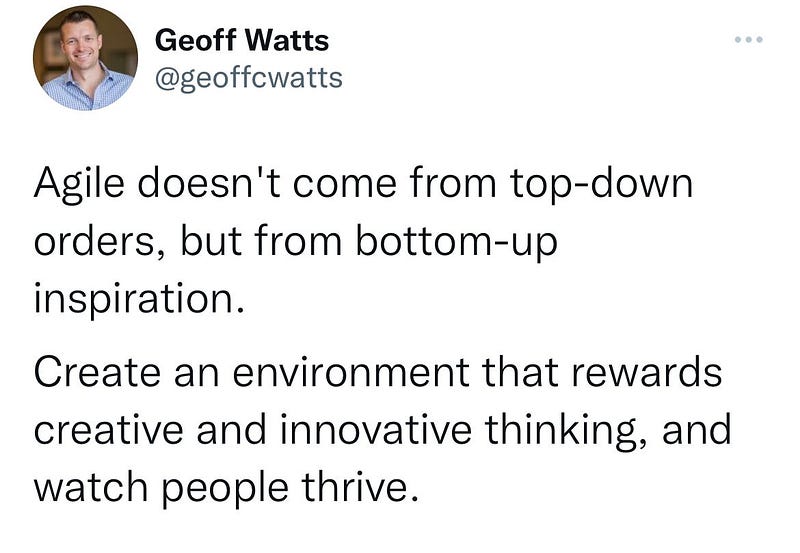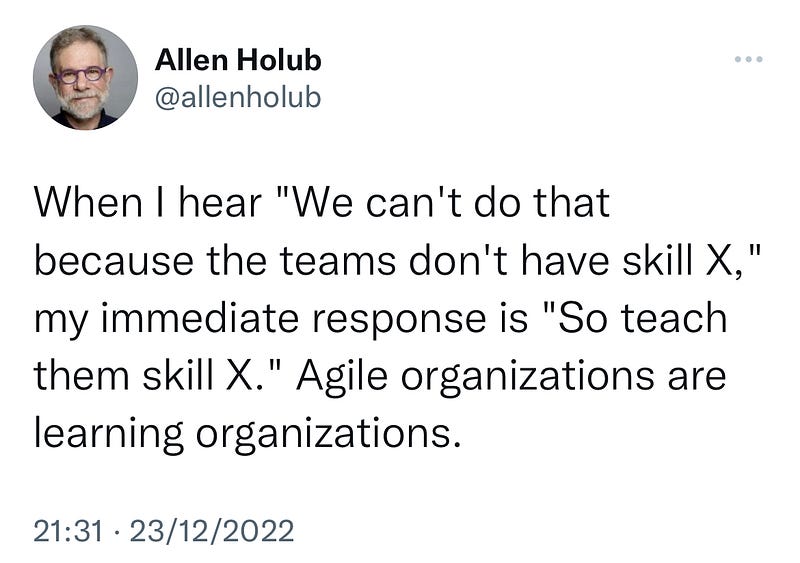2022 was a time of collaboration, agile thinking, and plenty of initiatives that paid off. The team made notable contributions to open source, fostered cross-team collaboration through the creation of product teams, and even managed to reduce the number of meetings as the year came to a close!
We plan to make 2023 even better than the last — Join us as we celebrate the team's achievements, and learn from challenges. Also, see how we plan to tackle those challenges and achieve better results this year.
Martin Bbaale, Software Engineering Lead.
What went well?
We were very collaborative and agile throughout the last year.
We had so many initiatives done and many came to fruition.
Our open-source contributions were very recognizable.
We were also able to successfully promote cross-team collaboration where we came up with product teams.
A lot of redesign work went on and we are now able to have a clearer vision of the way forward on most of our products.
There was clear ownership of work by the different product leads and their corresponding team members.
We had one of our members take on higher studies which is amazing for capacity development.
The monthly physical workshops also helped us to resolve so many long-standing problems.
The number of meetings also reduced towards the end of the year.
The initiative skills of the majority of the team members greatly improved since most of them always took on some tasks without waiting for instructions from the top — something which aligns well with Agile philosophy.
The initiative where we share our progress and not our goals during stand-ups kept all of us motivated
What did not go well?
There was a moment when progress was not very visible in most of our work.
A lot of feedback items did not get enough attention.
Inability to have conversations around system requirements and the practicalities of implementing them.
Communication within the cross-teams still has room for improvement.
Same for communication within the department, some members still struggle to keep up to date with ongoing activities.
Some members also struggle with Agile philosophy because they lack initiative and always await receive instructions from others.
Failure to attend crucial meetings was also a problem for some key members, this brought about continuous and avoidable misalignment as we went about our work.
What can we do to improve?
Continue to encourage ownership of tasks by different members within the product teams.
Encourage members to have better initiative and review feedback tasks on a regular basis. The earlier feedback is addressed, the better.
There is also a need for all members to make an effort to attend all our syncs so that there are clear alignments between members.
There is also a need for members to appreciate the art of giving and receiving feedback. While at it, it is also important to stress that both the giver and the receiver of the feedback play an almost equal role in ensuring that the feedback process is smooth.
Fully embracing the Agile philosophy where each individual takes on the initiative to work on tasks instead of waiting for instructions/orders from above.
~Agile leadership defined
~More on the agile philosophy
- Being more aggressive when it comes to learning. Agile encourages us to learn and continuously develop a culture of learning.
~Active learning in agile teams
- Continue to share our progress on all the work we do. And not focus so much on the goals. This is a hack to always stay motivated as we go about any ambitious goals.
Faith Daka Busigu, Website Product Lead & Frontend Engineer
What went well
Growing into the AirQo team
Thoroughly learning the frontend architecture
Diving into the product website and learning its ins and outs
Content team growing and abstracting it from implementation
A good relationship with design during overall implementation
Listening to user requests and largely addressing user feedback
Launching the website MVP
Having non-technical people appreciate the process flow of changes on the website
Having a dedicated design team member for the product
The ease with which features can become dynamic (I’ve become a Django guru)
Learning from mistakes
Learning through team workshops
What didn’t go well
Not having the ‘Our Work’ pages done before the end of the year
Slow address to UX challenges raised so users have had to deal with certain discrepancies throughout the year
Fluctuating implementation human resources so time spent catching up is costly
Initial expectation that every form of feedback should be worked on immediately. So I found myself having to improvise a lot at the expense of the product’s quality.
What we can do to improve
Continue with the scrum teams(cross teams)
Prepare for changes in human resources by documenting as much as possible so that people can just plug into various products and have less time onboarding
Faster design sprints and reviews
Mike Mwanje, Operations Lead & DevOps Engineer
What went well
A good challenging environment that inspires continuous learning and career growth
Knowledge sharing from my Mentor and the whole platform team at large
Hacktoberfest participations
Managing and Leading the Operations
Creation of the new Docs website
Growth within the DevOps space
What didn’t go well
- We could have had more cost optimizations than just the 2% we had
What we can do to improve
- Sticking to the scrum “text-book” definitions and best practices
Noah Nsimbe, Mobile Product Lead & Software Engineer
What went well
Collaboration with other departments.
Website Redesign
Learning culture and willingness to adopt new technology.
Migration of departmental teams to product teams.
Team Expansion.
Improvements of the various features of the mobile app.
Introduction of writing culture.
What didn’t go well
Late design feedback and partly reviewed dev handoffs.
The bus factor is still low in some sectors like mobile app and data pipelines.
Delayed release of mobile app features.
Some colleagues found multitasking difficult.
Urge to get work done and led to some level of unprofessionalism “So too it is unprofessional for programmers to bend to the will of managers who don’t understand the risks of making messes.” — Clean Code, Robert.C.Martin
What we can do to improve
Continue to embrace the culture of learning and knowledge sharing.
Review our understanding of agile and its practices.
Give timely and constructive feedback.
Time management at an individual level.
Increase production release, especially for the mobile app
Noble Mutabazi, Mobile App Developer Intern
What went well
I was fortunate enough to start out my career in the tech field with AirQo. Overall it's been great to have a true taste of what building a real-world product is like. I initially assumed the role would need to only write Flutter Code but I’ve been able to take on tasks that required learning new technologies and frameworks like docker and improving my Python skills. Additionally realizing that software engineering work is in most not all cases concerned with refactoring and improving already existing code and continuously learning new things has been an eye-opening experience
I’ve also picked up knowledge on additional concepts such as design patterns, and concepts like Agile, and SCRUM which when we were covering in class I honestly assumed (because of series like Silicon Valley and my overall ignorance) were just theoretical jargon that no one in the industry really cared about. Starting out at an organization that endeavors to prioritize them is something I’m really grateful for.
Collaboration and guidance with individuals not just from my own team, but other teams was also a positive for me. This is not limited to work tasks, but also advice from their individual experience in the industry.
What didn’t go well
There is still a large bus factor within the team, and a large learning curve with regard to the teams I work with.
Honoring deadlines was also a challenge for some tasks on my end.
What we can do to improve
- The biggest priority for me is better time management with regard to being able to honor all my various commitments, as many people on the team and even outside are able to do
Benjamin Sempala, Mobile App Developer Intern
What went well
As it was my first year, I had a great beginning with the team and was onboarded well in my respective department.
We were very collaborative within the mobile team as we went through our tasks.
As part of the mobile team, I was able to advance my skills in various technologies including Flutter, Firebase, etc.
Having a dedicated design team member and comms team for the product
The mobile app had major improvements as a whole, especially the improved search redesign.
What didn’t go well
I haven’t gotten as active as I hoped in the data pipeline tasks.
Some bugs in the mobile app are still active despite the team's effort to fix them.
The majority of tasks took a bit longer than expected and ended up being finished beyond their expected date.
What I plan to accomplish & improve in 2023
Continuously engage in more tasks in the backend and data pipeline.
Continuously engage in improving my knowledge of various technologies especially flutter and js to be able to better carry out my tasks in mobile and pipeline respectively.
Improvement in speed in accomplishing tasks.
Belinda Marion Kobusingye, Analytics Product Lead & Frontend Engineer
What went well
Experienced extreme growth and learning at AirQo these past eleven months.
The monthly analytics team workshops have been very helpful. They have been a great mechanism for increasing the bus factor. When I joined, one-man teams were the norm. Cross-team collaboration is now the de facto.
In addition to the bus factor, the monthly workshops have sparked a culture of continuous learning within teams.
Significant improvements in the Analytics platform especially regarding UX.
Increased documentation and launching of the Engineering blog on Medium and Hashnode which have blogs from an array of engineering disciplines.
Deployment of AirQo monitors in new African cities like Doula, and Kisumu among others.
Seen more user feedback being addressed in recent months than when I had just joined.
Team expansion with new designers and developers onboarding onto the platform team.
Commencement on Analytics redesign works.
Initiating the Engineering blog and seeing it go from 0 to over 18 blogs in a few months.
Had fruitful team workshops where we delved into high-level details of our system architecture making different aspects clearer especially for the newer team members.
What did not go well
Multitasking is still a bit of a challenge.
Air quality is still inaccessible for website visitors who simply want to get air quality readings.
Unused features within the analytics platform, mostly because there’s no internal and external PR around the features.
There are a number of unattended fixes in the Netmanager UI.
What we can do to improve
Need to find more creative ways of making air quality data easily accessible.
Take lead on documenting and announcing feature releases to stakeholders eg through email, blog, or social media posts.
Need to introduce more customization and personalization of Analytics features to improve user experience.
More documentation of internal workflows, processes, and infrastructure.
Personally plan to be an aggressive learner so I can be a more productive developer. Take on more initiatives and introduce better tooling that can improve internal workflows & service delivery ie task automation and better tooling.



